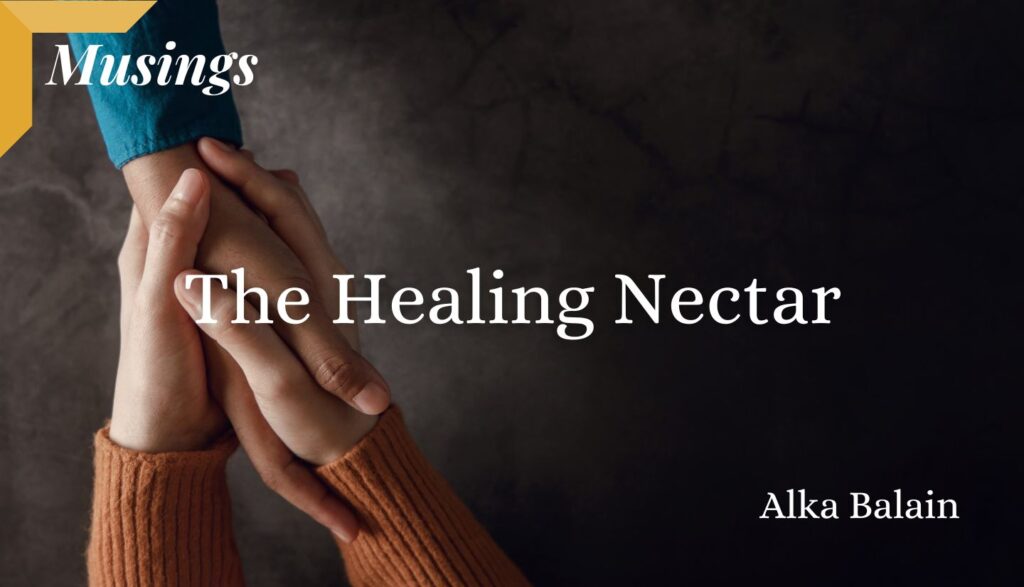
Mental health has come to the forefront, especially during the pandemic. Individuals dealing with depression, anxiety, panic attacks, physical harm etc often stay silent, given the stigma and shame attached. The roots of mental soundness lay not only in an individual but also the society. A seed cannot grow into a healthy tree if it does not get the right environment.
Kadambari remembers the day in 2005 when she had turned down her General Practitioner’s recommendation.
‘A sleeping pill? No please.’ Nonetheless, she walked out with a prescription in hand.
She was dealing with insomnia. But the GP did not inform her of the associated dependence risk despite the pharmacological companies issuing a black box warning. After all, the government coffers need revenue.
The pill lingered in her bedside drawer for days until one late night, Kadambari took one. She overslept and missed work the next day.
One pill set her on a roller coaster that she couldn’t hop off in nearly 20 years. Dependence on the drug took over her career, friendships, relationships and above all, herself. She felt alienated. It was either she or the society as a collective that had failed her.
South-East Asian culture is mainly patriarchal. As a result, mental issues are more prevalent in women than men. Worldwide statistics reveal the rate of depression in women is twice that of men. Female hormones, violence, abuse, malnutrition and discrimination play a role. If a male member of the family is ill, the entire household gears to look after his health. Women are usually expected to take care of other family members, often ignoring their needs.
Kadambari began to realise her dependence on the pill after nearly 14 years. She laboured for three years to wean off them successfully. However, the severe protracted withdrawal still lingers as physical pain. Exercising, meditating, connecting with nature and friends, and most importantly, discovering art helped her get off the medication. But as Covid hit, she relapsed. Kadambari began to understand the issues that lead to the setback.
Speak up. Voice out. It’s ok.
Corporations are recognising the significance of the holistic well-being of their employees and families and setting up mental health programs. When Kadambari reached out to the employers for support, they promptly referred her to the Employee Assistance Program. She holds no qualms against her previous employer, where she was denied promotion because of her dependence.
A change in the perspective of mental health professionals is necessary. We need more compassion in society so humans can convey their feelings without fear of being judged.
Kadambari’s struggles are reflective of the society we live in. She is finding the light she was searching for, sitting with psychologists and looking for support from family members. Many have left her along the way, but the ones who loved her stayed and supported.
Some authors, such as Stephen King and J.K. Rowling, have publicly spoken about mental health issues. Deepika Padukone opened up about her depression and started the ‘Live, Love, Laugh Foundation.’
Kadambari is no Deepika Padukone to whom the world will listen and empathize. Her experiences have enriched her, but she does regret losing decades to her battles. However, without them, she wouldn’t have found her strength and maybe a purpose. She is a fighter who stands in her power in peace, although it is a long road to recovery ahead.
Mental Health is not a destination but a process.
She continues to write and paint, not going down the path of Sylvia Plath, Virginia Woolf, Ernst Hemingway, or Van Gogh (with due respect to the icons). Kadambari prefers to leave the planet a little better. If her writings can make a difference in the life of even one individual, she would be grateful.
Alka Balain
Disclaimer: Above article is the personal opinion of the writer. Neither is it medical advice nor a take on the system we collectively are a part of.
